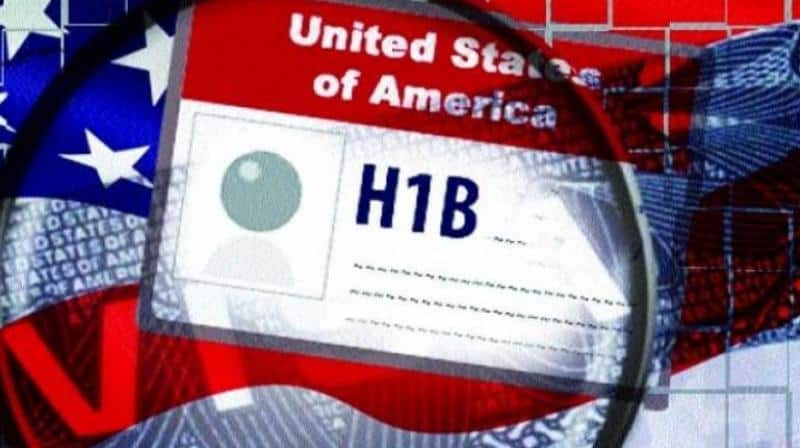Washington: US president Trumps wants to modify the existing H1B immigration provisions to attract highly skilled foreign workers to the US.
These intended changes will attract highly skilled foreign workers as opposed to what H1B immigration visa has evolved into, like more of an “outsourcing” role until now, the White House official said on Thursday.
“The president’s overall instinct — and he said this publicly a number of times — he wants to find ways to make sure that people who graduate in a highly skilled area like technology stay in the country. He finds that a very positive part of the overall immigration,” said White House Deputy Chief of Staff for Policy Coordination Chris Liddell on Thursday.
When questioned about president’s plans on H1B immigration during Washington Post’s live discussion on new technology, Liddell said: “He (Trump) has talked about merit immigration, clearly that (H-1B) fits in merit immigration.”
He also noted that this change could also get caught up in a border discussion.
“To the extent that we can from a regulatory point of view rather than a legislative point of view, because the H-1B system to a large extent is governed by legislation — but to the extent that we can modify the regulatory point of view to promote it to be more highly skilled as opposed to outsourcing roles, there’s 1,20,000 H-1Bs. So it’s quite a big pool,” the official said.
Referring to what H1B immigration has turned into over the past years, Lindell said: “Traditionally, unfortunately, they have gone to lower-skilled outsourcing types of jobs,” and the president now intends to change that since more and more people are coming qualifying PhDs in the tech sector.
“So the president is 100 percent aligned with that. We’ll try and do it as much as we can by regulatory; if it can be done legislatively as well in some way that would as part of a merit-based system, that would be fantastic,” Liddell said.
H1B immigration needs reforms to employ the most talented graduates in this country and with President’s decision to make it merit-based reform as part of the immigration platform it will prove to big move in that direction he said.
The Silicon Valley and the tech industry should welcome that as a concept, he said.
“Relatively, as a country, a very small proportion of the people who come in as legal immigrants do it on a merit-based system relative to any other country I know,” he said.
“So promoting the concept of merit-based immigration, which clearly would be at least partially orientated towards the tech sector, I would think that there should be a high degree of alignment on,” Liddell said.

